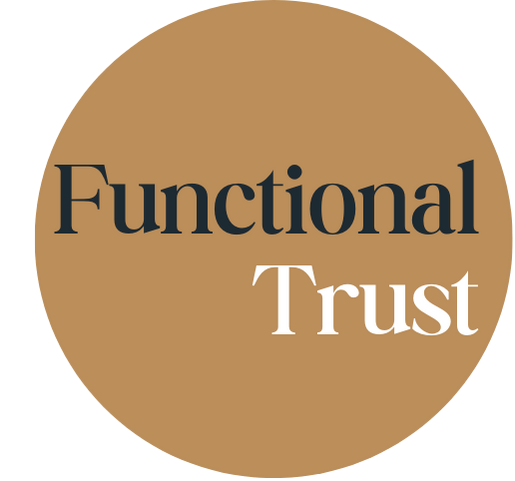In a world full of complexities, honesty stands out not only as a moral compass but as a crucial contributor to our physical and emotional well-being. Rooted in the pillar of reliability, honesty is a fundamental aspect of Functional Trust—a concept that is built from the tenets of competence, reliability, and sincerity. This post dives into the physiological and psychological impacts of honesty, illustrating how it conserves energy and, intriguingly, extends our lifespan.
The Physiological Cost of Deception
Neuroscience provides fascinating insights into how our brains and bodies react to dishonesty. When we lie or withhold the truth, our brain enters a state of cognitive dissonance. This misalignment between our actions and beliefs triggers stress responses, releasing cortisol and other stress hormones. These biochemical reactions are not merely fleeting moments of discomfort; they have long-term consequences on our health.
Cortisol, often referred to as the “stress hormone,” plays a crucial role in various bodily functions. However, elevated levels due to continuous dishonesty or unresolved stress can lead to several health issues, including hypertension, compromised immune function, and increased risk of heart disease. Essentially, when we are dishonest, our body works overtime, expending energy to manage the fallout of our falsehoods.
Energy Conservation Through Honesty
Conversely, living a life anchored in honesty aligns our actions with our values, reducing internal conflict and fostering a state of psychological and physiological harmony. When we are honest, our brain does not need to construct and maintain fabricated narratives. This alignment conserves mental energy, allowing our cognitive resources to be allocated more efficiently.
Moreover, honesty enhances our connections with others, fostering trust and understanding. These positive social interactions trigger the release of oxytocin, a hormone that promotes feelings of bonding and reduces stress levels. Oxytocin’s effect is so potent that it not only alleviates stress but also counteracts the aging process associated with chronic stress, thus promoting a healthier, longer life.
Neuroscientific Backing: The Restful State of Reliability
Studies in neuroscience have shown that the brain operates more efficiently in environments of trust and honesty. Functional MRI scans reveal that honesty activates fewer regions of the brain compared to deceit, which requires the activation of multiple cognitive processes including creativity, memory, and self-control. This reduced mental load when being truthful translates to lower energy expenditure and less wear and tear on our brain cells.
Feel like you need to let off some steam? Try speaking your truth.
Practical Implications for Everyday Life
Embracing honesty doesn’t just improve personal health; it builds a foundation for healthier interactions and institutions. In corporate settings, honesty enhances teamwork and productivity, while in personal relationships, it creates more space for deeper intimacy. By prioritizing honesty, we not only nurture our mental and physical health but also contribute to more cooperative communities.
Conclusion
The call to be honest is more than a moral admonition; it is a health imperative. By understanding and embracing the neurobiological benefits of honesty, we can lead not only a more fulfilling life but a longer and healthier one. As we cultivate reliability within ourselves and our communities, we tap into a powerful, natural mechanism designed to protect and prolong our lives. Honesty, indeed, is not just the best policy for ethical reasons, but for survival itself.

